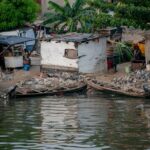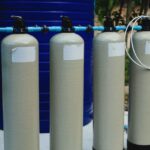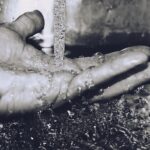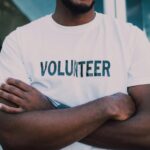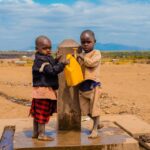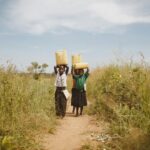Is Tap Water Safe to Drink in Mauritania?
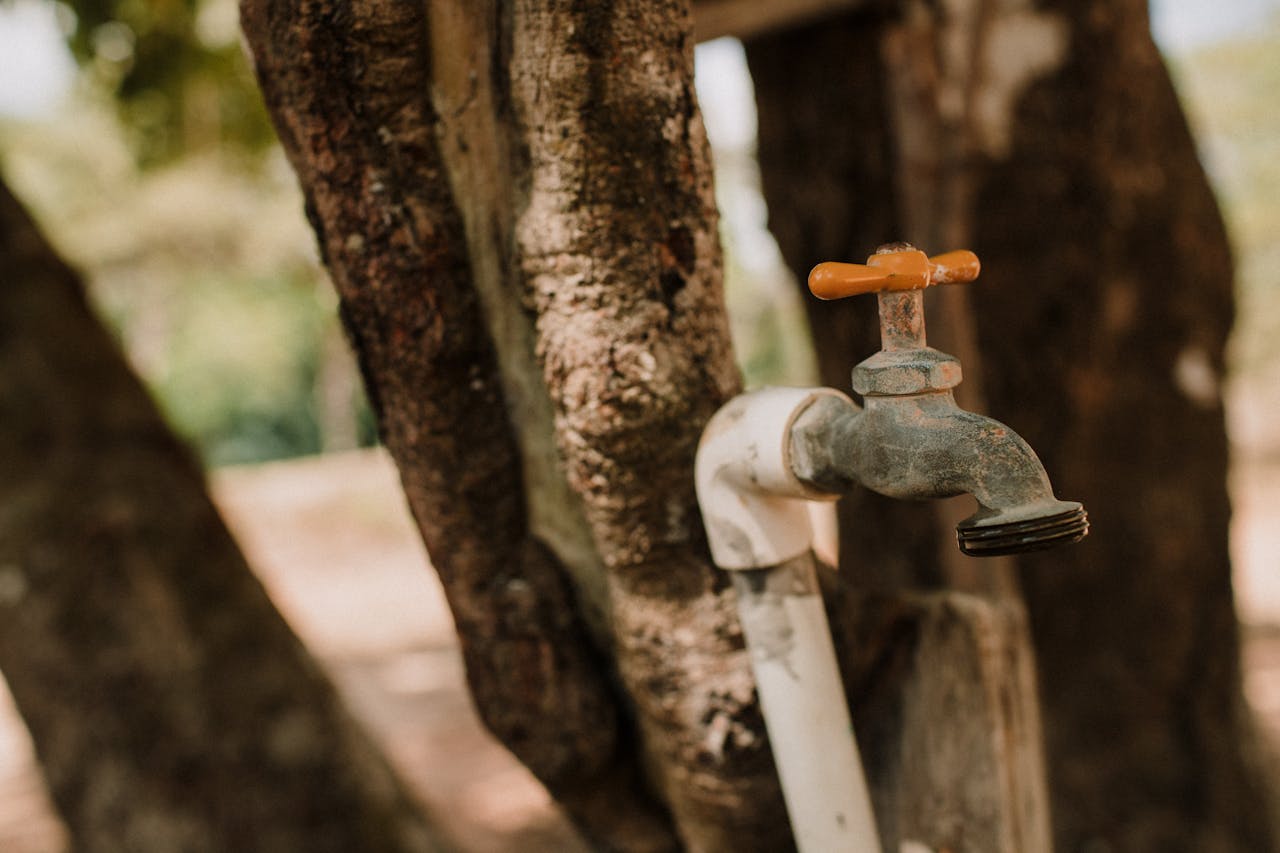
When you think of Mauritania, you might picture vast deserts, vibrant markets, or camels wandering under a blazing sun. But one thing that doesn’t often come to mind is water – specifically, whether the tap water is safe to drink. If you’re planning a trip, moving to Mauritania, or just curious about life there, this question matters. The short answer? Tap water in Mauritania isn’t generally safe to drink for most people, especially visitors. But there’s a lot more to the story, and I’m here to break it down in a way that feels real and relatable. Let’s take a plunge into what makes water safety tricky in Mauritania, why clean water access is a big deal, and how groups like Aqua Maya are stepping up to help.
Why Tap Water Safety Is a Concern in Mauritania
Mauritania is a beautiful country, but it’s got some tough challenges when it comes to water. Most of the country is desert, so finding water in the first place can feel like a treasure hunt. In cities like Nouakchott, the capital, or Nouadhibou, you’ll find tap systems, but they’re not always reliable. The pipes can be old and the water sometimes picks up dirt, bacteria, or other nasty stuff along the way. In rural areas, taps are rare – people often rely on wells, boreholes, or water hauled from far-off sources.
Here’s the thing: even if the water looks clear, it might not be safe. Parasites and bacteria like E. coli can hide in there, and they don’t exactly send you a warning sign. For locals, some folks’ bodies get used to the water over time, but for travelers or newcomers, drinking from the tap can lead to stomach issues or worse. That’s why you’ll hear a lot of advice to stick to bottled water or purified sources, especially if you’re not sure about the quality.
Urban vs. Rural: A Tale of Two Water Divides
Water access in Mauritania is like two different worlds depending on where you are. In cities, you might have a tap in your home, but that doesn’t mean it’s good to drink. The water often comes from the Senegal River or underground aquifers, but treatment plants don’t always catch everything. Plus, power outages or pipe breaks can mess things up, letting germs sneak in. It’s pretty common in Nouakchott to find people buying water from street vendors because they don’t trust the taps.
Out in the villages, it’s a whole different story. Many communities don’t have piped water at all.
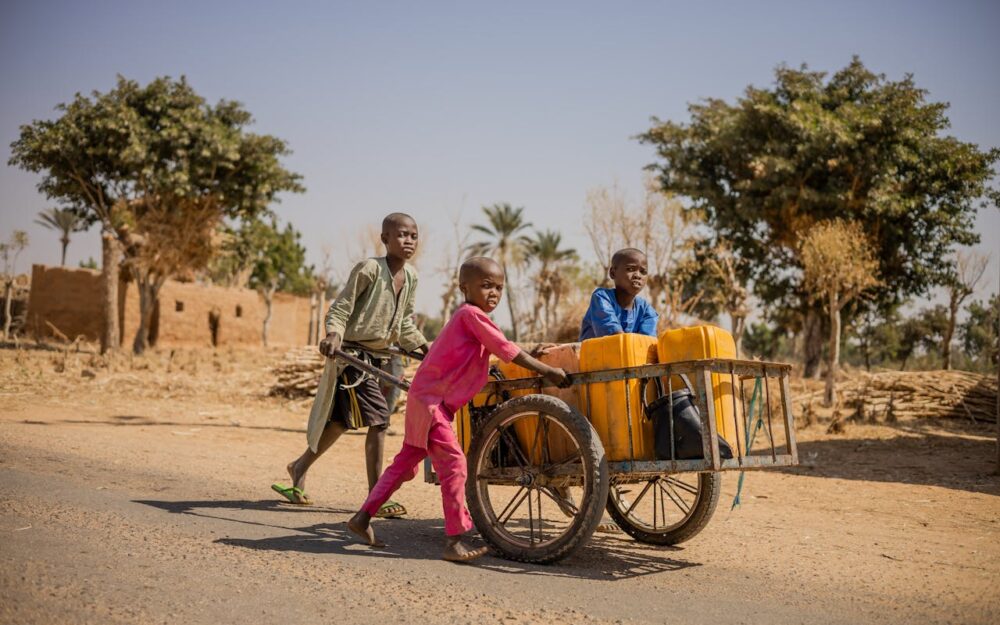
Families might walk miles to a well or share a single borehole with hundreds of others. The water might be cloudy or taste funny, and there’s no guarantee it’s been treated. This is where groups like Aqua Maya, a new U.S. based NGO, are making a difference. Their mission is simple, but powerful: bring clean water to local communities. In Mauritania, they’re working on major projects to bring safe water to villagers in strategic places to help ease the burden of long treks, and most importantly, ensure good health.
What’s in the Water? The Risks You Need to Know
So what exactly makes tap water in Mauritania risky?
For starters, there’s the chance of bacteria or viruses that cause illnesses like diarrhea or typhoid. These can come from sewage leaking into water sources, especially after heavy rains. Then there’s the issue of chemicals. In some areas, groundwater has high levels of salts or minerals like fluoride, which can mess with your health over time. And don’t forget about parasites – tiny creatures, like giardia, can make you feel awful for weeks.
I read about a study that tested water in Mauritania’s capital, and it found that a lot of samples had harmful bacteria. That’s not to scare you – it’s just the reality when infrastructure isn’t keeping up with the need. For kids, the elderly, or anyone with a weaker immune system, these risks hit harder. That’s why clean water access isn’t just a convenience; it’s a lifeline.
How Locals Get Safe Water
If tap water isn’t the go-to, how do people in Mauritania stay hydrated?
In cities, bottled water is a big deal. You’ll see shops and markets stacked with plastic bottles, though they can be pricey for everyday folks. Some families boil their tap water to kill germs, but that takes time and fuel, which isn’t always easy to come by. Others use water filters, but those aren’t cheap either.
In rural areas, it’s tougher. Many people rely on wells or boreholes, but not all of them are clean or close by.
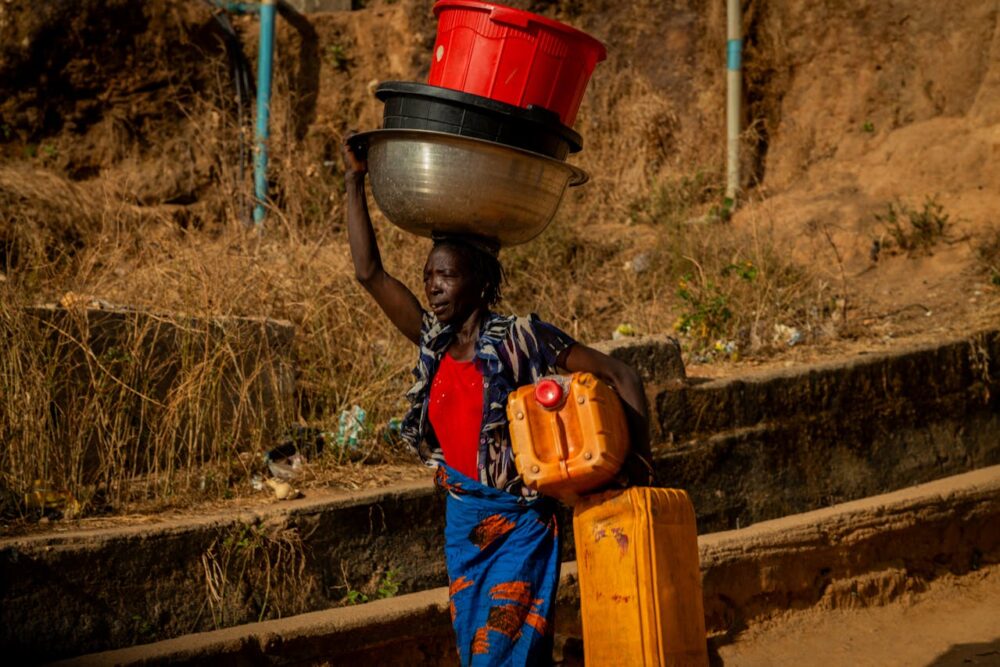
Women and girls often spend hours each day fetching water, carrying heavy jerry cans under the hot sun. Thanks to a local initiative supported by UNICEF and its partners, 600 households in Dar Naim, a neighborhood in the outskirts of Nouakchott, now have their homes connected to a drinking water network. Now, families have safe water right in their community. In fact, a resident said, “Having water at home is a huge relief. I can cook, bathe my children, and clean the house without stress. But most importantly, my children are healthier.” It’s this kind of change that feels small, but means everything.
Tips for Staying Safe with Water in Mauritania
If you’re in Mauritania or planning to go, here are some practical ways to make sure your water is safe:
- Stick to Bottled Water: It’s the easiest option, especially in cities. Just check that the seal is intact to avoid fakes.
- Boil It: If you’re out of bottled water, boiling tap water for at least a minute kills most germs. Let it cool before drinking.
- Use a Filter: Portable water filters or purifiers are great for travelers. Look for ones that handle bacteria and viruses.
- Avoid Ice: In restaurants, skip drinks with ice unless you know it’s made from purified water.
- Wash Smart: Use treated water to brush your teeth or wash fruits and veggies. Don’t forget your bath water – add some disinfectant to it.
These tips sound simple, but they can save you a lot of trouble. I learned the hard way once on a trip. Though the tap water was fine, I spent the next couple of days treating a skin reaction. Trust me, it’s worth being careful.
The Bigger Picture: Why Clean Water Matters
Water isn’t just about drinking – it’s about life. In Mauritania, unsafe water can lead to sickness, missed school days, or even hospital visits. Kids under five are especially vulnerable, and diarrhea from bad water is one of the top reasons they get sick. When communities don’t have clean water, it’s harder to grow food, keep animals healthy, or run small businesses. It’s like a ripple effect that touches everything.
That’s why organizations like Aqua Maya are so important. They’re not just digging wells; they’re giving people a chance to thrive. Clean water means healthier families, more time for work or school, and a shot at a better future. Aqua Maya’s focus on local communities means they listen to what people need and build solutions that last, like training locals to maintain wells so the water keeps flowing.
What’s Being Done to Fix Water Safety?
Mauritania’s government knows water is a big issue, and they’ve got plans to improve things. They’re working on better treatment plants and expanding pipes to more areas. But it’s a slow process – deserts don’t make it easy, and money’s tight. International groups are pitching in too, with projects to drill wells or teach people about water safety.
NGOs are a big part of the solution. Aqua Maya, for example, is teaming up with locals to bring clean water to places that’ve been overlooked. Their projects focus on sustainability, so communities aren’t left high and dry if something breaks. It’s not just about fixing today’s problems – it’s about making sure tomorrow is better too.
Looking Ahead: A Future with Safer Water
As the article comes to a close, take a moment to paint a mental picture of a Mauritania where every family has clean water, whether they’re in a busy city or a quiet village. It’s not a pipe dream, but it’ll take work. Technology like solar-powered pumps or mobile water purifiers could be game-changers. Education matters too – teaching people how to store water safely or spot contamination can go a long way.
For now, tap water in Mauritania isn’t a safe bet for drinking, but that doesn’t mean it’s hopeless. With groups like Aqua Maya and others stepping up, more communities are getting the water they need. If you’re visiting, stick to bottled or treated water and you’ll be fine. But if you’re curious about how to help, supporting NGOs or spreading the word about water access can make a real difference.
Next time you turn on a faucet, think about what it’d be like if that water wasn’t safe. It’s a small thing we take for granted, but in places like Mauritania, it’s a daily challenge. Let’s keep the conversation going – clean water is worth it.
Sources
1. https://www.who.int/publications/i/item/9789240088740
2. https://www.who.int/publications/i/item/9789240015241
3. https://www.unicef.org/mauritania/recits/nouha-ethmane-et-djeinaba

